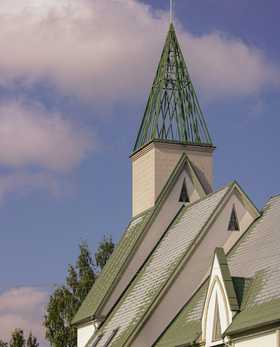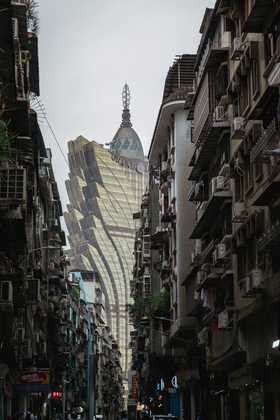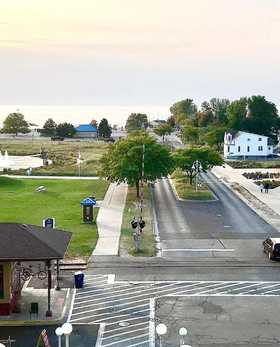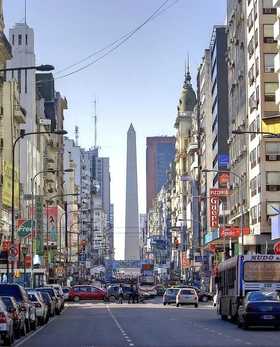Solo nomad: Estimated monthly costs are $977 (excluding rent), and $1,398 including rent.
Family of 3: Estimated monthly costs are $2,024 (excluding rent), and $4,008 including rent.
Meal at Budget Restaurant
$7.41 ₩10.8K
$7.41 ₩10.8K
Three-Course Dinner for Two, Mid-Range
$57.9 ₩84.6K
$109 ₩158.5K
Fast Food Meal (McDonalds, etc)
$6.07 ₩8,854
$6.78 ₩9,888
Cappuccino
$3.27 ₩4,768
$3.62 ₩5,287
Coke/Pepsi/Fanta/Sprite (0.33 liter bottle)
$1.12 ₩1,633
$1.72 ₩2,509
Water (0.33 liter bottle)
$0.72 ₩1,051
$0.72 ₩1,051
Local Beer (0.5 liter draught)
$2.21 ₩3,219
$4.42 ₩6,454
Imported Beer (0.33 liter bottle)
$2.89 ₩4,212
$2.89 ₩4,212
One-way Ticket (Public Transport)
$0.99 ₩1,440
$1.13 ₩1,650
Taxi Start (Normal Tariff)
$2.61 ₩3,804
$3.47 ₩5,067
Taxi (Normal Tariff) (1km)
Taxi 1hour Waiting (Normal Tariff)
$7.34 ₩10.7K
$8.64 ₩12.6K
Gasoline (1 liter)
$1.23 ₩1,797
$1.56 ₩2,272
Midsize Hatchback 1.4l (Volkswagen Golf, Toyota Prius, Honda Civic, etc)
$26.4K ₩38.5M
$27.6K ₩40.3M
Compact Sedan 1.6l (Toyota Corolla, Mazda3, Kia K4, Hyundai Elantra, etc)
$21.9K ₩32.0M
$28.9K ₩42.1M
Utilities for 2 People in 2-bedroom Apartment (Heating, Electricity, Gas, Water, Garbage) (85m2)
$150 ₩218.5K
$270 ₩394.7K
SIM Card Monthly Plan (Calls and 10GB+ Data)
$36.95 ₩53.9K
$43.59 ₩63.6K
Internet (50+ Mbps, Unlimited Data)
$14.79 ₩21.6K
$32.55 ₩47.5K
Jeans (Levis 501 Or Similar)
$36.29 ₩53.0K
$79.8 ₩116.5K
Summer Dress (H&M, Zara, etc)
$21.61 ₩31.5K
$72.0 ₩105.1K
Sport Shoes (Adidas, Nike)
$74.0 ₩108.0K
$95.5 ₩139.4K
Men's Leather Business Shoes
$58.5 ₩85.4K
$183 ₩266.9K
1-bedroom Apartment, City Center (Monthly)
$359 ₩523.2K
$511 ₩746.3K
1-bedroom Apartment, Outside City Center (Monthly)
$261 ₩381.6K
$448 ₩654.1K
3-bedroom Apartment, City Center (Monthly)
$1,097 ₩1.6M
$3,291 ₩4.8M
3-bedroom Apartment, Outside City Center (Monthly)
















